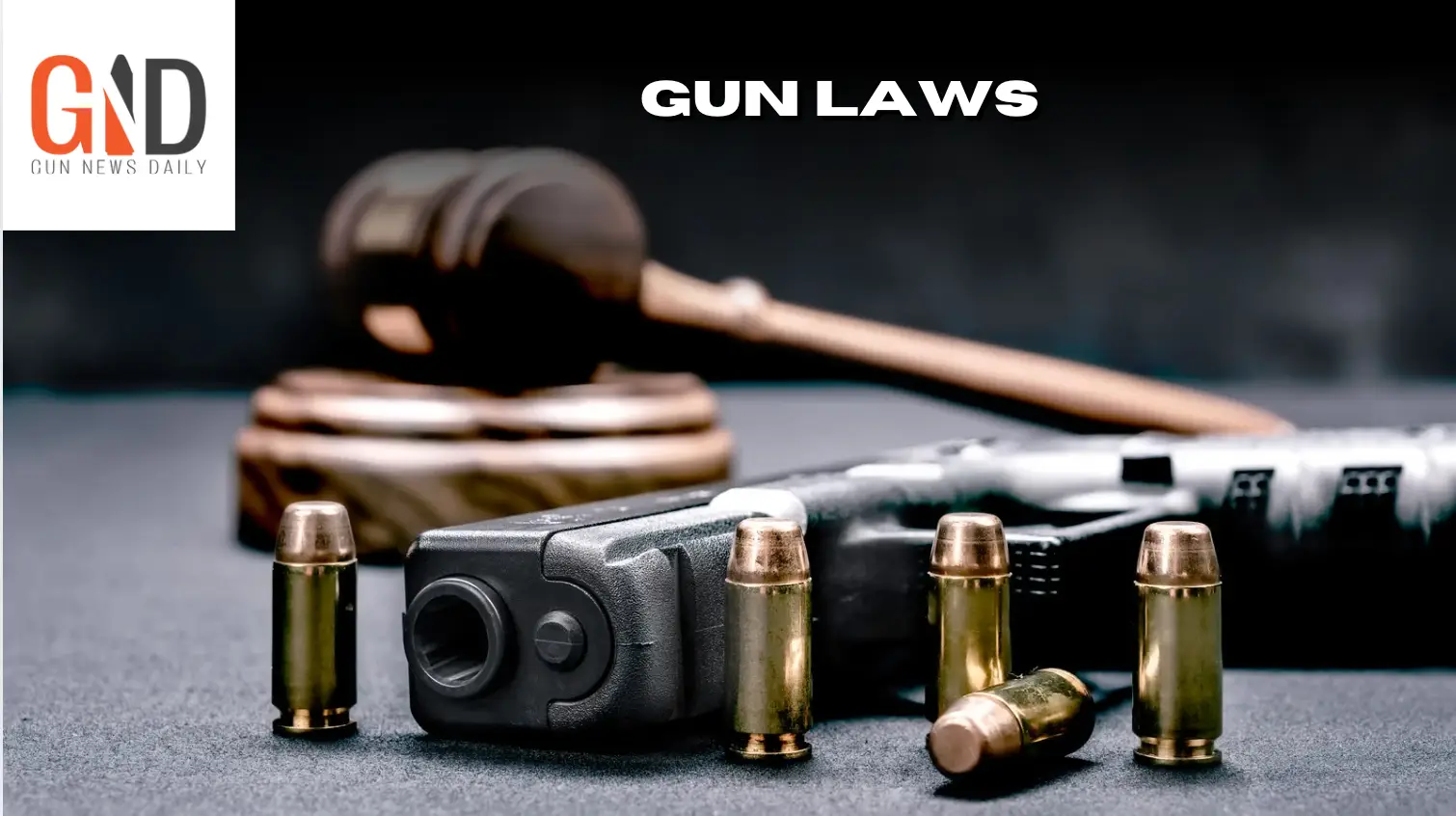The court ordered the Nebraska Secretary of State to implement a recent Nebraska provision making former felons eligible to vote.
The Nebraska Supreme Court released its decision in the case Spung v. Evnen on Wednesday. The plaintiffs, represented by members of the American Civil Liberties Union (ACLU) in cooperation with Civic Nebraska, alleged that Secretary of State Robert Evnen’s refusal to allow felons who served their sentence and parole to vote was unconstitutional and a violation of state law. The court issued a peremptory writ of mandamus, ordering the secretary of state and a pair of county election commissioners to accept voter registration applications from former felons.
The court’s opinion determined that Evnen’s challenges to two Nebraska statutory amendments, LB 20 and LB 53, did not sufficiently demonstrate that these provisions were unconstitutional.
The Nebraska State Capitol is seen in Lincoln, Nebraska, on May 14, 2024. (Photo by CHARLY TRIBALLEAU/AFP via Getty Images)
The court wrote in part that the Nebraska Constitution stipulates that a “concurrence of five judges” is required to uphold the claim that a statute violates the state constitution. The opinion notes that there were not a sufficient number of concurring opinions in favor of Evnen’s argument.
“The secretary is ordered to remove any disqualification on registration he has imposed that is not constrained within L.B. 20 and to comply in all respects with the provisions of L.B. 20,” the document read.
L.B. 53, passed in 2005, made convicted felons eligible to vote two years after completing their sentence. Previously, convicted felons would only become eligible to vote after receiving a restoration of rights from the Board of Pardons. L.B. 20, which became law on April 18, 2024, again amended the state code to make felons eligible to vote upon immediate completion of their sentences and paroles. (RELATED: NY Times Poll Shows Harris’ Support Among Key Voter Bloc In ‘Dangerously Low Territory’)
Evnen decided in his July 17 opinion that the two legislative amendments were a violation of the separation of powers outlined in the state’s constitution. He argued that only the executive branch has the power to issue pardons and that the Nebraska legislature overstepped its constitutionally appointed authority.
“L.B. 20 and the statutes it amends violate the separation of powers,” wrote Evnen. “By restoring the franchise of felons, the Legislature impermissibly arrogated the Board of Pardons’ executive powers to itself. We conclude that they are therefore unconstitutional.”
The ACLU issued a statement celebrating the court’s decision early Wednesday.
“This decision is a victory for Nebraskans, democracy, and the rule of law,” said staff attorney Jonathan Topaz of ACLU’s Voting Rights Project.
Topaz said the organization urged Nebraska to push back the voter registration deadline in the wake of the ruling. The deadline for mail-in, DMV and absentee registrations is Friday, Oct. 18. For in-person registrations, the deadline is Friday, Oct. 25.
Nebraska has been the focal point of recent electoral conflicts. Earlier this year, members of the state’s Republican legislature attempted to change the state’s electoral college system from a split choice system to a winner-takes-all system, which is used in most other states. Currently, presidential candidates are awarded one electoral vote for each congressional district in Nebraska plus two electoral votes for whoever wins the state’s popular vote.
SOS Evnen responded to the court decision late Wednesday, announcing that his office would be working to carry out the court’s instructions.
“The Supreme Court has resolved this issue and we are following the requirements of the decision,” Enven said. “With our counties across the state, we are working to ensure that those who were made eligible to register to vote under LB 20 may now do so.”
Read the full article here






![Arrest Coming in Massive Social Security Fraud Tied to Illegal Aliens [WATCH] Arrest Coming in Massive Social Security Fraud Tied to Illegal Aliens [WATCH]](https://www.rvmnews.com/wp-content/uploads/2025/02/2025.02.23-09.26-rvmnews-67bae9c63aa80.jpg)


